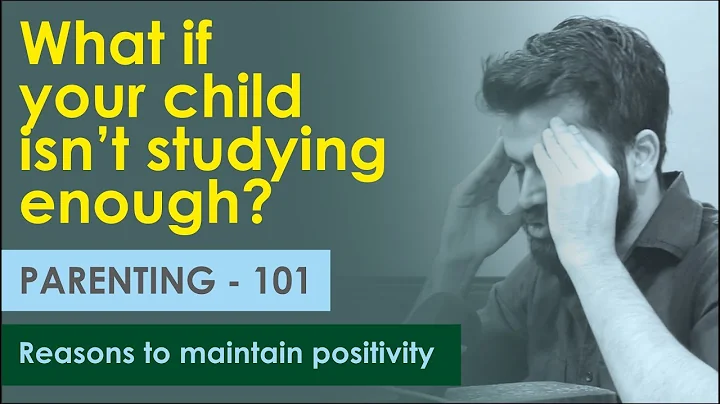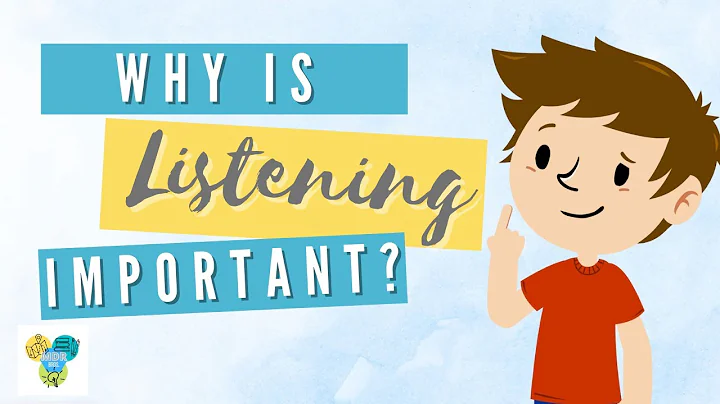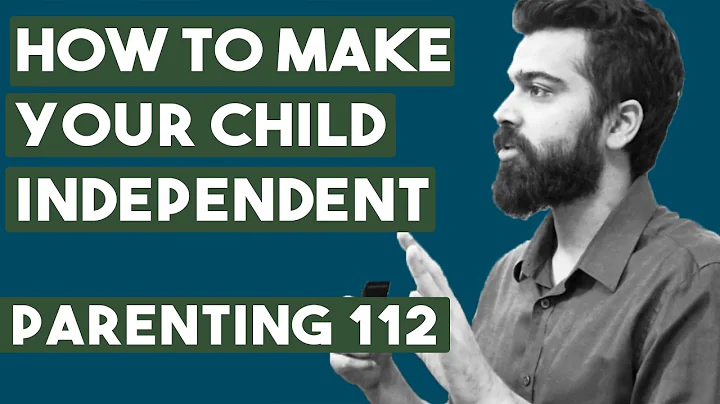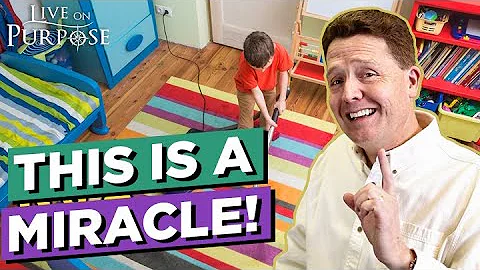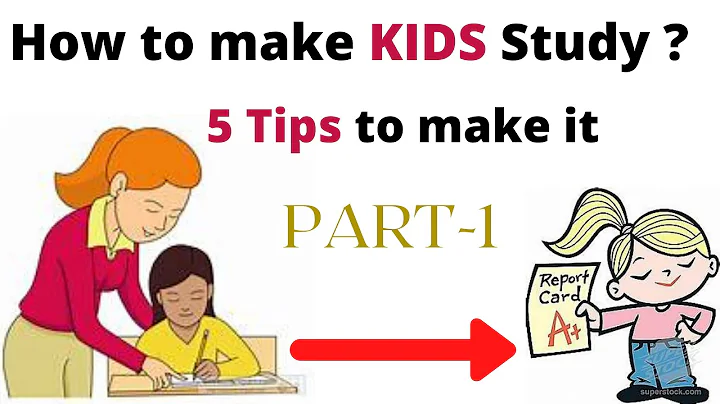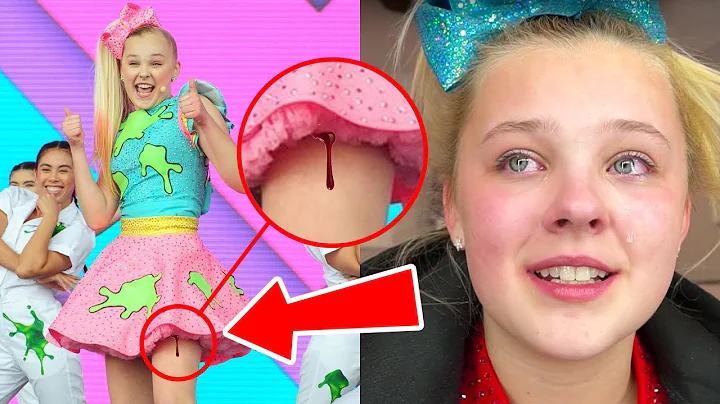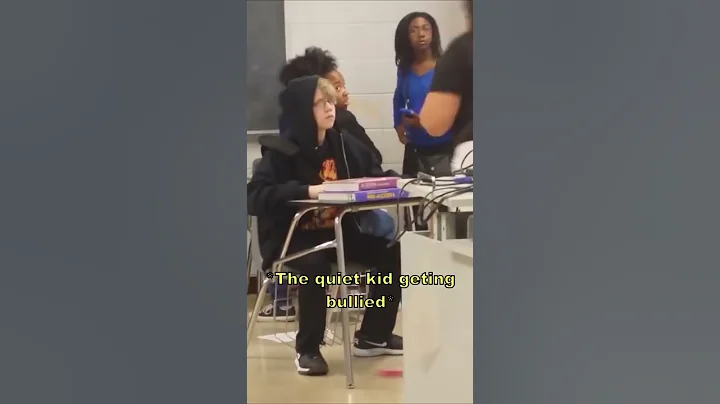Text | Ningma Wuyu
People often say that children can just play wildly before going to elementary school, and they will have plenty of time to study later. I think that letting children study is destroying them. Children have no time to play, cannot develop independence, etc.
I don’t think so. Between the ages of 3 and 6, children are very curious about the world. They especially like to be exposed to new things. If you provide them with some challenging knowledge, they will be very excited. They will be more excited than us. Try to explore whatever you imagine.

In fact, children’s learning will not affect their play and rest. Learning only occurs at a certain moment in the day, which may be a few minutes or a few hours, and has no impact on other activities.
Children are exposed to a lot of knowledge when they are young. When they grow up, they will have a sense of déjà vu when they meet again, and it will be very easy to understand and remember.
There are also many parents like me who arrange some learning tasks for their children before the age of 6, such as English, mathematics, reading, etc. I would like to say that you can add scientific enlightenment.
The Ministry of Education has specially formulated a "3-6-year-old children's learning and development guide " based on children's development patterns and learning characteristics, which involves scientific learning.
"Guidelines for Learning and Development of Children Aged 3-6" points out that the core requirements in the field of early childhood science are: stimulating interest in inquiry, experiencing the inquiry process, and developing preliminary inquiry abilities.

Compare and see, does your child meet the standards? If not, can achieve these core goals through the following three practices.
First, bring children close to nature and mobilize different senses to experience.
Take children more often to nature, let them come into contact with specific plants, animals, buildings and other specific objects, and guide children to experience what they see through their senses.
For example, when you see a flower, tell the child the name of the flower, let the child see the color and appearance of the flower with their eyes, smell the scent of the flower with their nose, touch the texture of the flower with their hands, and listen to the sound of the wind blowing the flower with their ears. .
There are some edible flowers, such as Sophora japonica , roses, etc., which allow children to taste the taste of flowers. Use different senses to experience a specific thing and stimulate children's interest in exploration.

Second, take children's questions seriously and stimulate their interest.
Children like to ask questions. We should not think that children's questions are naive and disdain to answer them. Instead, we should take them seriously and let children know that asking questions is an excellent quality and inspire them to keep asking questions. interest and enthusiasm.
For example, if a child asks why birds fly in the sky, we cannot simply answer "because birds have wings", but look up the information with the child and make some expansions. For example, the bird's body is light, the bird's body is streamlined, the bird has feathers, the bird's legs are short, the bird can use airflow and so on.
If you have time, it is best to make a bird out of paper with your children and see if it can fly, or you can also observe pigeons up close. This enriches the content of the answers and allows children to experience the process of inquiry.

Third, provide resources for children to explore.
Children’s learning method is experiential learning. We need to provide him with some hands-on and brain-using toys to let him explore things through experience.
For example, provide children with some scientific experiment materials, let them operate them themselves, observe some experimental phenomena, draw conclusions from specific results, and understand the principles behind them.
Experiments such as bottle blowing, dancing bubbles, magic color changing, wordless scripture, candle absorbing water, etc. involve a lot of scientific knowledge such as physics, chemistry, biology, etc. The process is particularly interesting. Children naturally like this process of inquiry and learn. to a wealth of scientific knowledge.
I prepared a children's experiment kit for my 4-year-old second child. The second child is very interested and shouts to do experiments every day. We have done several experiments, and the second child's participation is very high.

When doing the "bottle blowing balloon" experiment, Erbao saw that the balloon was getting bigger little by little, and couldn't help but exclaimed "it's too big", and even asked "can it shrink?" when the gas in the bottle slowly When it becomes less, the balloon really shrinks.

When doing the "Caterpillar Resurrection" experiment, Erbao saw that the caterpillar was getting longer little by little. He couldn't help but touch it with his fingers and repeatedly praised it, "It's so long?" He was very curious about why it was getting longer.

When I was doing the "magic color change" experiment, I was stirring purple cabbage . He had to stir it himself, full of expectations for the discoloration. He could also mix colors and observe the changes. When the acidic liquid and alkaline liquid were mixed, Erbao was very happy to see the bubbles coming out.

This set of "Mars Pig Science Experiment Set" involves many subjects such as physics and chemistry. The materials are very complete. We only need to prepare some common items such as water, cotton swabs, and white paper to make a complete experiment. experiment of.

Take your children to do an experiment every day to stimulate their interest in science, cultivate their hands-on ability, observation, creativity and other abilities, and prepare them for future studies in science, physics, chemistry and other subjects. It is very good.
Parents who want to enlighten their children in science can click on the link below to take home this experimental set.
is written at the end: The above three practices can guide children to discover problems, analyze problems and solve problems through observation, comparison, operation, experiment and other methods, constantly accumulate experience, and achieve the core goals in the field of early childhood science.
I am @宁马武语
A mother of two boys, with more than 10 years of parenting experience
Reading with my children, English enlightenment, scientific enlightenment
Sharing parenting insights, practical parenting information
Welcome to pay attention, let’s move forward together on the road to parenting
